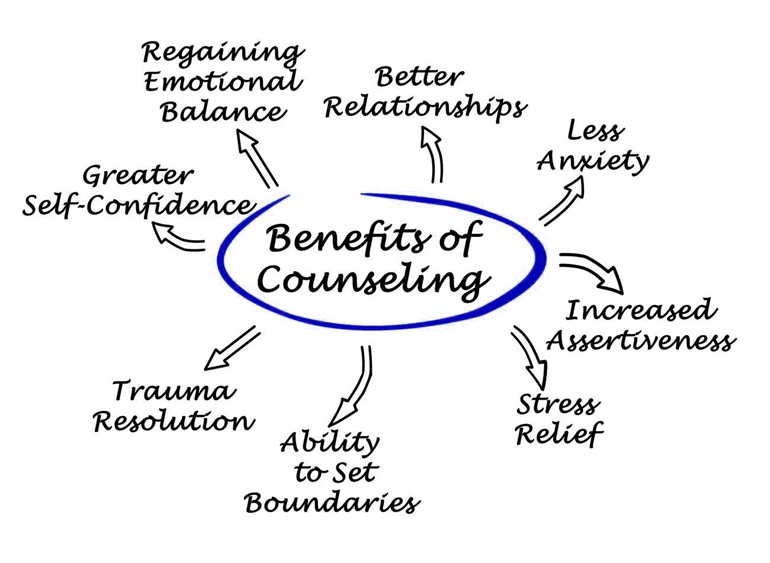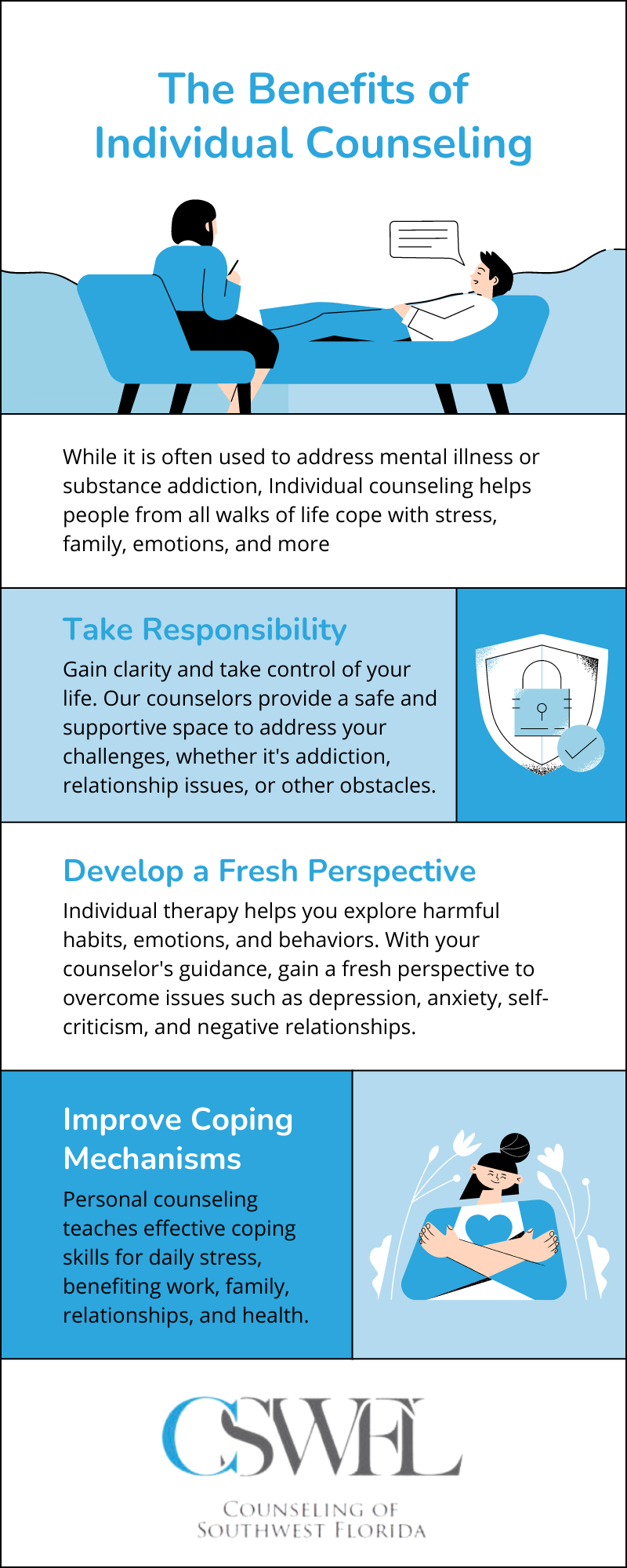Checking out the Advantages of Psychological Therapy for Teenage Wellness and Development
Psychological treatment plays a pivotal role in the wellness and growth of teens. Teenage years is a turbulent duration noted by emotional and social challenges. Therapy provides an organized atmosphere for teenagers to verbalize their sensations and challenge their battles. It outfits them with crucial tools for resilience and communication. As they navigate this developing phase, the influence of treatment can be extensive. What specific advantages can arise from such assistance throughout these developmental years?

Comprehending the Teen Mind: Stress and obstacles
As teens browse the intricacies of their developing stage, they face various difficulties and stress that can substantially influence their mental health and wellness. This duration is noted by considerable physical, emotional, and social modifications, which can cause feelings of confusion and uncertainty. Peer impact intensifies, frequently leading to a struggle for acceptance and identity. Academic assumptions can develop extra anxiety, as the pressure to excel mounts in a significantly affordable atmosphere.
The arrival of social media presents a new layer of intricacy, where contrasts to curated online personalities can exacerbate sensations of inadequacy and anxiousness. These aspects can result in psychological distress, consisting of anxiety, clinical depression, and low self-esteem. Recognizing these challenges is essential for moms and dads, educators, and psychological health and wellness specialists, as it offers understanding into the teenage experience and highlights the requirement for supportive treatments to foster durability and well-being during this critical developmental stage.
Producing a Safe Room for Expression
Producing a secure space for expression is crucial for adolescents steering their tumultuous developing phase. In restorative setups, this environment cultivates open dialogue, enabling teenagers to communicate their feelings without anxiety of judgment. Such spaces enable them to discover their thoughts and emotions, which is necessary for understanding their identities and experiences.
When teens feel safe, they are most likely to share their battles, consisting of anxiety, anxiety, or social problems. This open communication can result in much deeper understandings and facilitate personal growth.
Additionally, a secure room encourages creativity and self-reflection, providing teens the liberty to share themselves through various outlets, such as art or writing. Developing trust fund in between the specialist and the teenage is crucial, as it underpins the effectiveness of the therapeutic process. Ultimately, developing a secure room for expression functions as a structure for psychological recovery and personal advancement during these formative years.
Developing Coping Strategies and Strength

Therapists often present methods such as mindfulness, journaling, and analytical skills, making it possible for teenagers to manage their responses better. Additionally, by taking part in role-play situations, they practice just how to manage tight spots, enhancing their confidence. Over time, these abilities foster a feeling of company, equipping young adults with the tools to browse life's uncertainties. The development of durability not only help in conquering prompt difficulties but likewise prepares for much healthier emotional actions in adulthood, inevitably adding to long-lasting well-being.
Enhancing Interaction Skills
Efficient interaction skills are crucial for teens as they browse complex social landscapes. Psychological therapy plays a crucial duty in improving these abilities, allowing teenagers to share their feelings and thoughts much more plainly. Through directed sessions, specialists encourage teens to verbalize their sensations, helping with far better understanding in peer communications and family characteristics.
Moreover, therapy supplies a secure room for exercising active listening, empathy, and assertiveness. These skills encourage teenagers to involve in purposeful discussions, willpower problems, and construct stronger relationships. you could look here As they learn to interact successfully, they additionally obtain self-confidence in their ability to advocate for themselves and their needs.
In addition, improved communication abilities contribute to psychological knowledge, permitting teenagers to react and recognize to the emotions of others. This holistic development fosters a supportive environment, ultimately advertising total health and social assimilation. Via psychological treatment, teens can cultivate these vital skills for a healthier social experience.
Fostering Individual Development and Self-Discovery
Promoting individual growth and self-discovery in teens involves a multifaceted strategy that urges understanding of individuality. This procedure additionally highlights the significance of building strength abilities and improving emotional recognition. Together, these elements create a structure for healthier, more certain people as they navigate their developmental years.
Comprehending Individuality
Just how do teens navigate the facility landscape of personal identity as they venture for self-discovery and growth? Throughout this developmental duration, they come to grips with various influences, including peers, family members, and social expectations. Psychological therapy can function as a necessary tool, giving a risk-free room for exploration and representation. With guided discussions, teenagers can verbalize their thoughts and feelings, permitting them to understand their beliefs, worths, and needs. This procedure cultivates a deeper recognition of their unique identity, encouraging them to make informed options and develop a sense of function. As they involve in self-discovery, they learn to accept their originality and navigate difficulties with better clarity, eventually improving their total well-being and personal development.
Structure Resilience Skills

Enhancing Psychological Understanding
Enhancing emotional awareness is essential for teenagers steering the intricacies of adolescence, as it allows them to identify and recognize their sensations much more efficiently. By participating in psychological therapy, adolescents find out to acknowledge their psychological actions and the triggers behind them. This procedure promotes personal development and self-discovery, enabling them to articulate their feelings and deal with obstacles extra adeptly. As teenagers establish emotional recognition, they grow empathy, boost connections, and enhance interaction skills. In addition, this increased awareness help in decision-making, helping them browse social pressures and establish a feeling of identity. Eventually, fostering psychological awareness with therapy can bring about much healthier coping devices and an extra well balanced mood, basic for prospering during these formative years.
Structure Healthy Relationships and Assistance Systems
While passing through the intricacies of adolescence, developing healthy connections and assistance systems is important for young adults. These connections supply psychological stability and a sense of belonging, essential during this developing phase. Positive connections with peers, family members, and advisors can enhance self-confidence and strength, enabling teens to browse obstacles more successfully.
Psychological treatment plays a pivotal function in promoting these partnerships by equipping adolescents with communication and conflict-resolution abilities. Via treatment, they find out to express their feelings, understand different point of views, and develop borders, which are basic for maintaining healthy interactions.
Furthermore, helpful networks motivate teens to look for assistance when required, minimizing seclusion and advertising psychological health. They are extra most likely to involve in useful habits and make informed decisions when adolescents really feel linked to their support systems (Individual Counselling Toronto). In general, the cultivation of healthy official source and balanced partnerships and assistance systems is important in promoting adolescent health and personal growth
Often Asked Questions
Just how Do I Discover a Qualified Specialist for My Teenager?
To discover a qualified specialist for a teenager, one must seek suggestions from doctor, research study qualifications on the internet, examine reviews, and identify the therapist focuses on adolescent problems, cultivating a supportive setting for growth.
What Are the Expenses Linked With Mental Therapy for Teenagers?
The costs related to psychological therapy for teens differ extensively, usually varying from $50 to $250 per session. Insurance protection, gliding range fees, and local resources can influence cost and accessibility for households looking for assistance.
Just How Frequently Should Teenagers Go To Treatment Procedure?
Young adults should ideally go to treatment sessions once a week or biweekly, relying on individual needs. Constant sessions can promote a risk-free area for expression, while permitting specialists to monitor progress and adjust methods properly with time.
Can Treatment Be Effective for All Teenagers?
Treatment can be effective for lots of teens, however private results vary. Elements such as personal scenarios, openness to the process, and the restorative method employed all influence its effectiveness for each adolescent.
What Should Moms and dads Do Throughout Their Teen's Therapy Process?
Parents ought to actively sustain their young adult's treatment process by preserving open important site communication, respecting discretion, participating in sessions if welcomed, and motivating their child's initiatives (Individual Counselling Toronto). Understanding and perseverance are crucial as teenagers navigate their personal development journey
Mental treatment plays an essential role in the health and development of teenagers. By involving in psychological therapy, teens discover to recognize their psychological actions and the triggers behind them. Mental treatment plays an essential role in cultivating these connections by equipping teens with communication and conflict-resolution abilities. Teens should preferably attend treatment sessions weekly or biweekly, depending on specific needs. Moms and dads ought to proactively support their young adult's therapy procedure by maintaining open interaction, respecting privacy, attending sessions if invited, and urging their kid's initiatives.